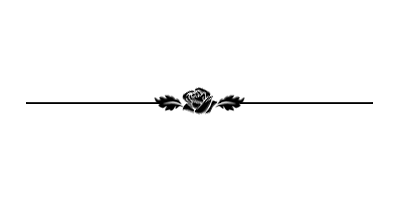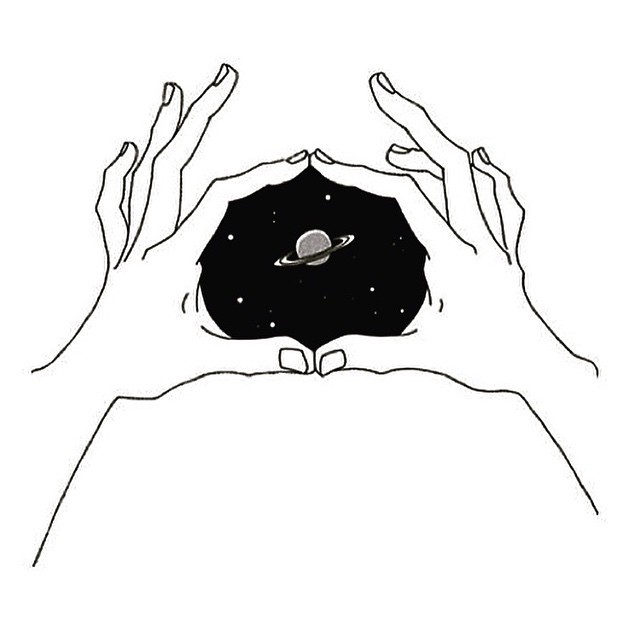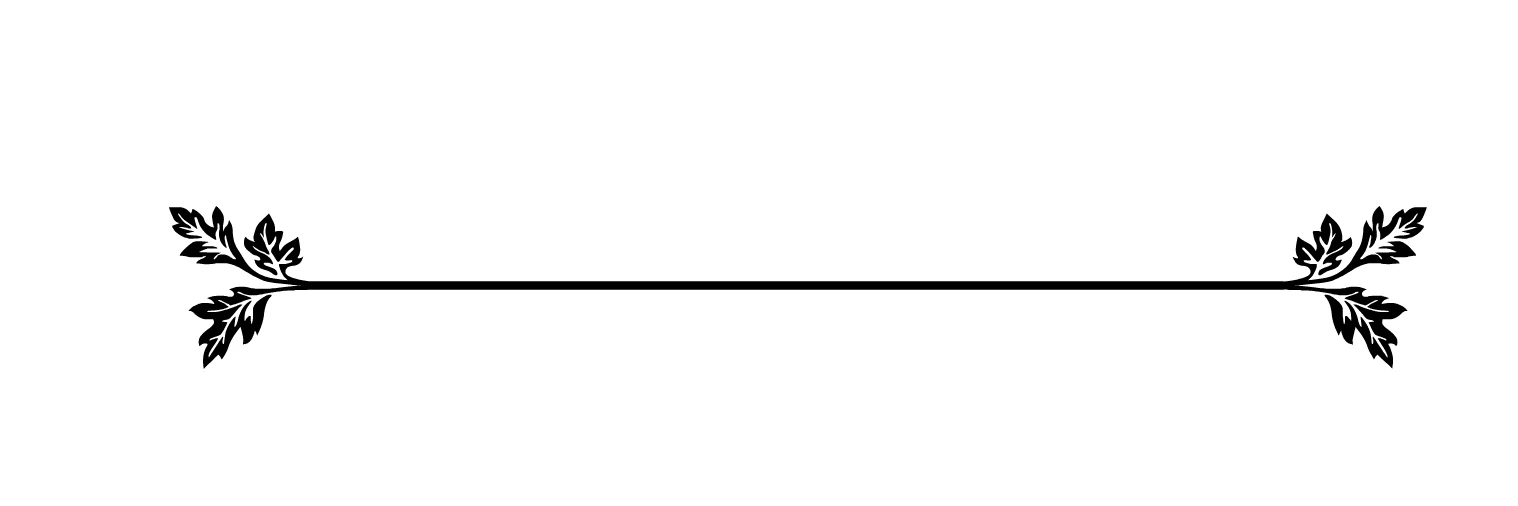The Google definition of citizenship is “the position or status of being a citizen of a particular country”, but I believe that it’s more than that. My definition of citizenship is similar to the actual definition, yes, but I also believe that being a citizen also means trying to the best of one’s ability to better their country. It doesn’t even have to be the country, it could just be the community. It doesn’t mean having to run for president in order to help our country, it means taking it one step at a time. Doing something small for your community, like donating to a local charity or volunteering at a hospital can do a lot for your country. It doesn’t mean having to attend nationwide protests, it could just mean informing your own self on issues and spreading that knowledge to your peers so now their educated too. Speaking of knowledge on current events as well, this applies to one of the main things that can help us impact our community: voting.
Like mentioned before, I believe that citizenship is doing more to help not your country, but just even starting with your community. One big way to do that is by voting, which is also one of your civic duties as a citizen. Voting, even if it’s “just the primaries”, can make a big impact on your community and on your country in general. No matter what you’re voting for, it’s a big deal and also is one of the easiest and convenient ways to make your voice heard. As a citizen, you just now made a huge contribution to your community by just filling in a bubble sheet. It is, of course, a lot more than just a sheet with names that you have to bubble in, but it isn’t that hard to get out and vote and make your voice heard, thus making a difference and helping your community (hopefully) move forward and advance.
\
I actually casted my first vote today, and it felt very powerful and even though again, physically it’s just a bubble sheet, it’s much more. You’re actually taking part of your state/country in your hands. To me, that’s a huge factor of citizenship. I also believe that knowledge is a huge part of citizenship as well. Again, like previously mentioned, even just learning about a world-wide, nationwide, or community-wide issue can help make a difference, and can help better move you and your fellow citizens forward. And not only on current issues, but also educating yourself on past issues. Even though we don’t want to relive the past, that’s just the point. Educating ourselves on what happened in the past can help us move forward, and like the Google definition of citizenship states, “advances” us.

Going back to a little while ago in the semester, we read about MLK and how he was one of the many influential leaders that helped us become more equal, despite differences in skin color. I’m not trying to imply that we’ll go back to that, but it’s good that we learn things like that (the bad things that happened in our country, it’s good to know about the bad and the ugly) so we can find ways to prevent it from ever happening it again, and pushing our country backwards instead of forwards. Also something else that I connect this to is Chimamanda’s “Danger of a Single Story” TED talk, and also the first chapter of “Soul of a Citizen”. I think back to these because they both discussed how we don’t always get the whole story. Chimamanda shared the story of how her roommate in college asked her to play her native songs and was surprised when she played popular pop music, and how Chimamanda could use kitchen appliances. In “Soul of a Citizen”, the example of Rosa Parks was given, and how she’s the face of one of the biggest movements in American history, yet we don’t know all the hard work that was actually put into equal rights for the races. It was much more than Rosa Parks refusing to give up her seat for a white man, yet we don’t always consider that. This is why I think that educating yourself on past and present issues is important, and when I say we must educate ourselves, I mean educate ourselves on the whole stories.
In conclusion, I believe that citizenship revolves primarily on trying to better our country or our communities one step at a time, and no action is ever too small. Every small act of kindness counts, every vote counts, every volunteer hour counts, every dollar donated counts, and the list goes on and on. I believe that citizenship is educating ourselves on the past and using the to reflect on the present, and also making ourselves aware on past issues to make sure we only more forward and advance as opposed to move backwards.















